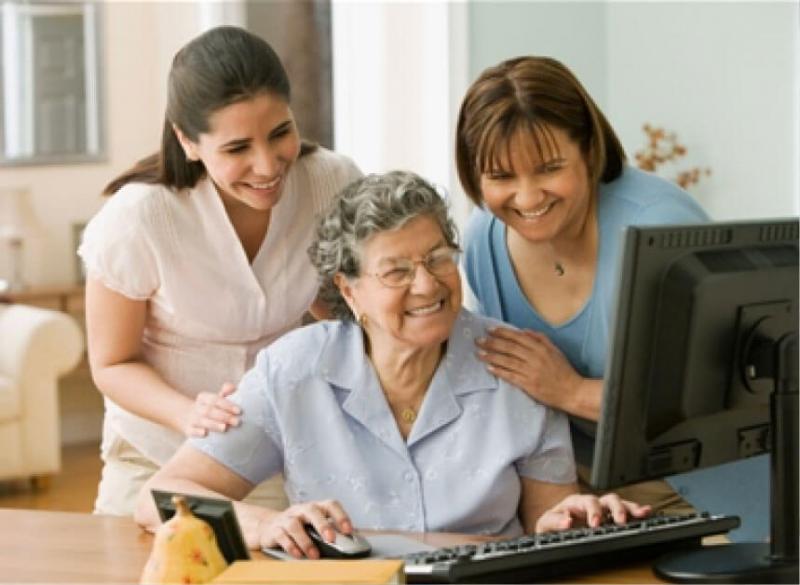
KCH Researchers get grant to help Community Health Workers
For Department of Kinesiology and Community Health researchers Andiara Schwingel and Susan Aguiñaga, the concept of helping place Community Health Workers has a personal meaning.
Schwingel, a KCH associate professor, and Aguiñaga, an assistant professor in KCH, recently received a grant of $100,000 for their project entitled, "Online Certificate Programs for Community Health Workers: From Overlooked and Under‑Researched Employees to Well‑equipped Frontline Agents in the Fight to Reduce Health Disparities in Communities of Color. Drs. Schwingel and Aguiñaga plan to establish a coalition that includes Community Health Workers (CHWs) and other stakeholders to develop, evaluate, and disseminate online learning strategies through certificate programs that will train CHWs to address community health needs.
CHWs are full- or part-time employees of health systems. With at least a high school diploma, CHWs receive on-the-job training and work in multidisciplinary teams focused on primary health care, prevention, and health promotion, the researchers said. Although the CHW model is widely utilized across the globe, the U.S. and Illinois have only recently begun to recognize its importance and develop the infrastructure that supports these grassroots health workers. No online training is currently available in Illinois, a gap that Schwingel and Aguiñaga said they want to fill. Illinois is currently developing recommendations for training and certification programs, and, the researchers said, significant progress has been made in Illinois where House Bill HB5412 passed in February 2021, building momentum for CHWs training and this project.
The researchers sought the grant because they believe CHWs are ideal members of collaborative healthcare and prevention teams working with vulnerable populations and underserved communities as they complement the work of formally trained healthcare professionals.
“As I have lived in many different countries, I am very familiar with universal health care systems that adopt the CHW model,” Schwingel said. “I have seen firsthand the important role they play at community settings as frontline workers visiting homes, being a resource and serving as the go-to people for the community. They also carry the voices and opinions of community members to local healthcare teams. I have seen how effective CHWs are in bringing people to clinics for immunization programs and health promotion events.”
Schwingel said she was motivated to address healthcare systems when she moved to the United States about 12 years ago.
“I found that through my research I could contribute to addressing disparities in health by testing the feasibility of using the CHW model with Hispanic communities in this country.”
Schwingel said her goal is to greatly increase the number of CHWs locally.
“That way, when my research funding ends, the community is left with important human resources to continue the endeavors. Over the years, I have experienced a number of challenges working with volunteer CHWs due to the lack of a state/national reimbursement system for these workers. Nonetheless, my interest has only grown, and I have seen increasing interest in this space by grass roots organizations, healthcare employers, and even state and national agencies.”
One of the vital parts of building a CHW pipeline in Illinois is that the CHWs know well and have easy access to hard-to-reach groups such as historically underrepresented populations of African Americans and Hispanics (which includes undocumented individuals), the researchers said, adding that CHWs are members of the communities that they serve, they share culture, language, income, and life experiences. The CHWs can serve as liaisons between health and social services, especially as the percentage of the underrepresented population rises; in fact, by 2050, that population projects to represent 43 percent of the state and national population by 2050.
The researchers said they will work with partners such as the University of Illinois Extension, the Illinois Community Health Workers Association, a group of CHWs that serve African American and Hispanic communities, and a group of CHW employer organizations.
Schwingel and Aguiñaga also plan to use what they call a “culturally and linguistically sensitive approach.” For two women of color, that is especially important, Schwingel said, calling it a “transformational” process.
“It makes use of a patient’s language and culture as tools to improve outcomes for that individual. By tailoring services to an individual's culture and language preference, health professionals can help bring about positive health outcomes for diverse populations,” she said.
